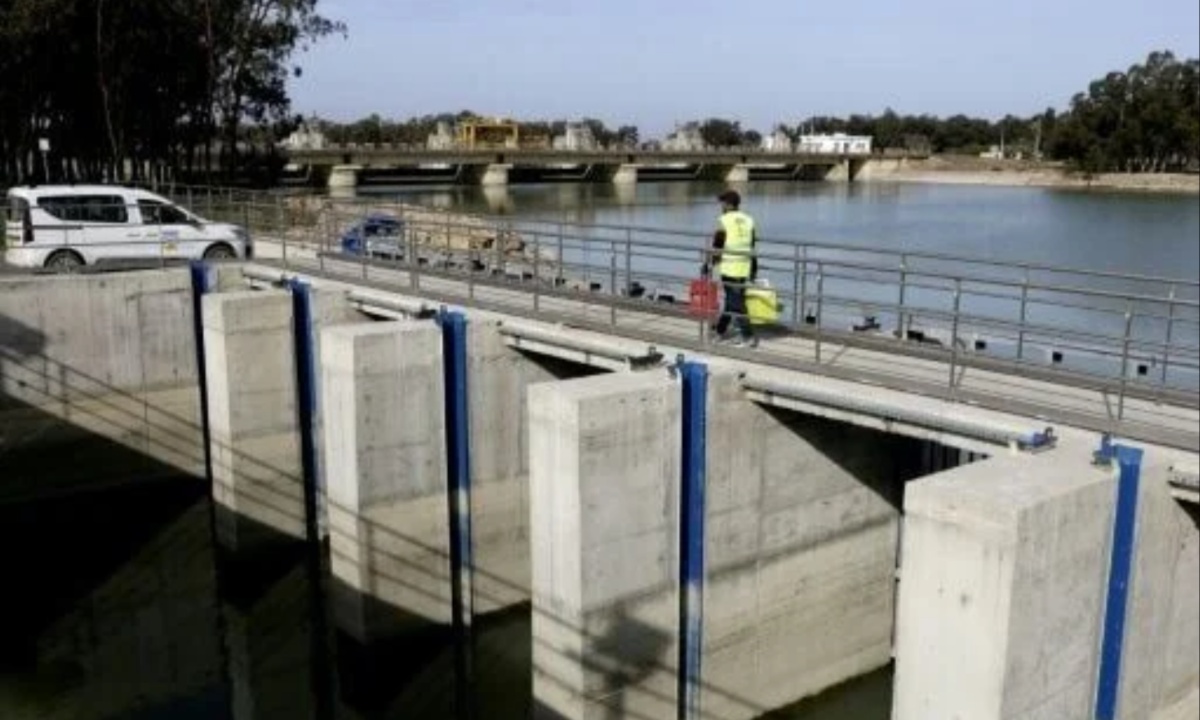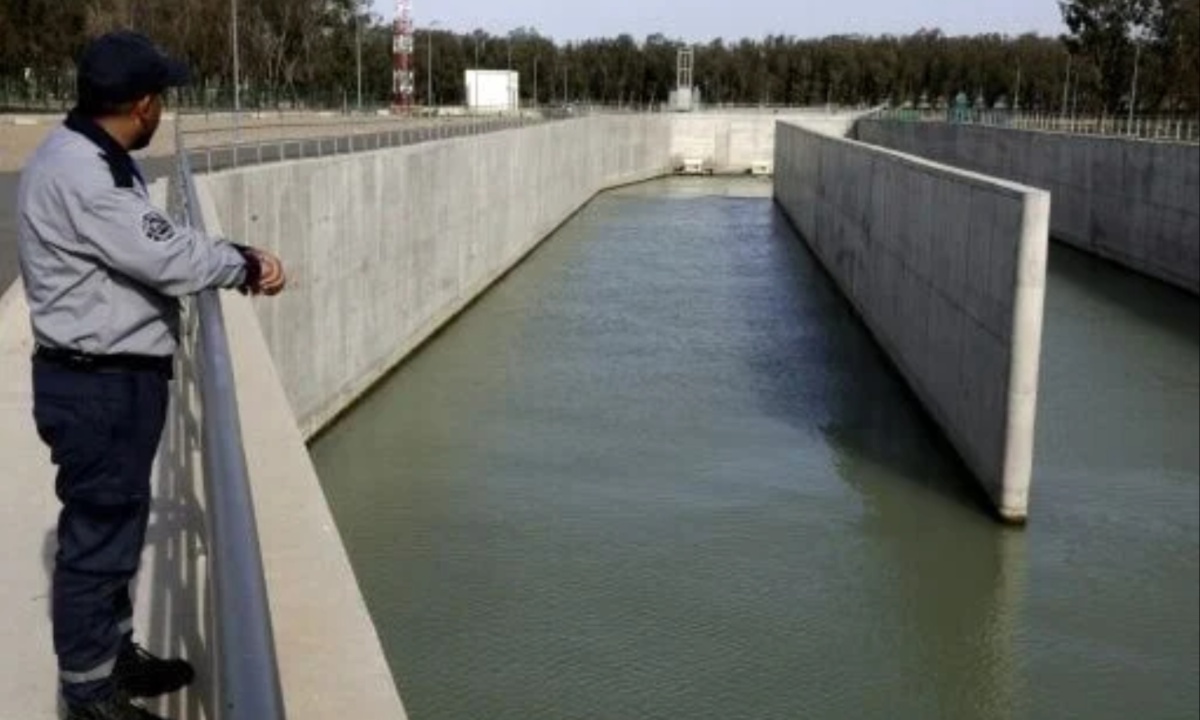Morocco has embarked on an extensive water transfer project, redirecting northern rivers to supply water-starved cities in the south. The initiative, known as the “water highway,” has so far cost $728 million and primarily transfers surplus water from the Sebou River to Rabat and Casablanca. Future expansions aim to extend the project to Marrakesh.
Officials highlight the project’s immediate success in averting a water crisis for around 12 million people in Morocco’s most populated regions. The urgency of the initiative became evident in late 2023 when Rabat nearly ran out of water due to its main reservoir running dry.
Uneven Rainfall and Drought Challenge the Long-Term Viability of Morocco’s Water Highway
Morocco has long struggled with uneven rainfall distribution, with over half of its precipitation concentrated in just 7% of its territory, mainly in the Atlas Mountains. Historically, the excess water from northern rivers reached the ocean, even in dry seasons.
The water highway seeks to harness this surplus through a diversion dam in Kenitra, which redirects Sebou River water through a 67-kilometer underground canal to Rabat and Casablanca. Since its inauguration in August, the project has already delivered over 700 million cubic meters of water to these cities, mitigating the immediate threat of water shortages.

Despite the project’s initial success, experts question its long-term viability due to Morocco’s persistent drought conditions. The country has endured six consecutive years of drought, with annual water supplies dwindling from 18 billion cubic meters in the 1980s to just five billion today.
Even though northwestern Morocco received heavy rains in early March, overall rainfall remains 75% below historical averages. Rising temperatures, which increased by 1.8°C last year alone, have exacerbated evaporation rates, further straining water resources.
Climate Change Threatens Sustainability of Morocco’s Water Highway and Future Water Supply
Experts warn that climate change may further diminish water availability in the very regions supplying the water highway. Research suggests that northern water basins, currently considered surplus providers, will experience significant reductions in water flow over the next 60 years.
Water and climate researcher Nabil El Mocayd argues that what is seen as excess water today may not exist in the future due to increasing deficits. A 2020 study he conducted recommended scaling back the project in favor of more sustainable solutions.
While the water highway provides a temporary fix, experts stress the need for long-term water management strategies. Agriculture remains Morocco’s largest water consumer, and researchers advocate for improved irrigation efficiency to reduce water waste.
Water expert Abderrahim Handouf acknowledges the project’s importance but warns that climate change could create problems even in the north. He urges the government to invest in desalination plants as a more sustainable alternative to ensure a reliable drinking water supply for Morocco’s growing urban populations.


